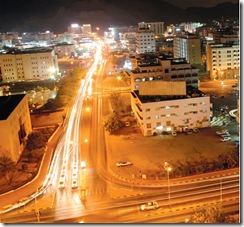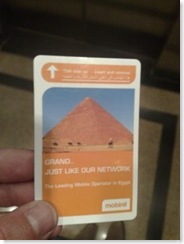Alcatel-Lucent’s board yesterday approved the appointment of Ben Verwaayen as the company’s chief executive officer. Verwaayen, 56 is a Dutch national who was formerly CEO of BT between February 2002 and June 1, 2008. He is credited with turning the former UK utility into a leading edge communications company, which enjoyed a dramatic and dynamic new image. 
Ben Verwaayen had previously been approached to head Alcatel-Lucent, but was reported to have previously turned the offer down
Verwaayen was also formerly vice-chairman of the management board of Lucent Technologies in the US, which he joined in September 1997. Prior to that, he worked with KPN in the Netherlands for nine years as president and managing director of its telecoms subsidiary, PTT telecom. Before that, Ben worked for ITT, a predecessor of Alcatel.
Verwaayen had been identified as an early choice to succeed outgoing Alcatel-Lucent CEO Patricia Russo, but was reported to have turned down the initial approaches some weeks ago. Further conversations and Alcatel-Lucent’s inability to identify any other suitable candidates must have resulted in further talks being entered into, which resulted in the French/US manufacturer eventually securing its man.
The Alcatel-Lucent board also announced the appointment of Philippe Camus as the company’s non-executive chairman as of October 1, 2008. Philippe Camus, 60 is a French national and a US resident. He was the co-CEO at European Aeronautic Defence and Space Company (EADS) and managed a large, global business in the high-tech industry. He is co-managing partner of Lagardère, an international media group, and a partner of Evercore Partners, a New York based investment and advisory firm.
“Philippe Camus and Ben Verwaayen are respected and experienced business leaders. Their understanding of this industry with its challenges and opportunities make them the perfect choice to lead and guide Alcatel-Lucent as it moves into this next stage in its development,” said the board in a written statement.
“Alcatel-Lucent has a lot to offer: technological excellence, leading market positions worldwide, in developed as well as emerging countries and a strong customer focus,” Verwaayen commented. “The company operates in a quickly changing market and therefore is evolving. I’m truly delighted to become the CEO of Alcatel-Lucent, leading a company with vast assets and great talents, while recognising the difficulties and challenges ahead.”
Verwaayen’s office will be in the company’s headquarters in Paris.








